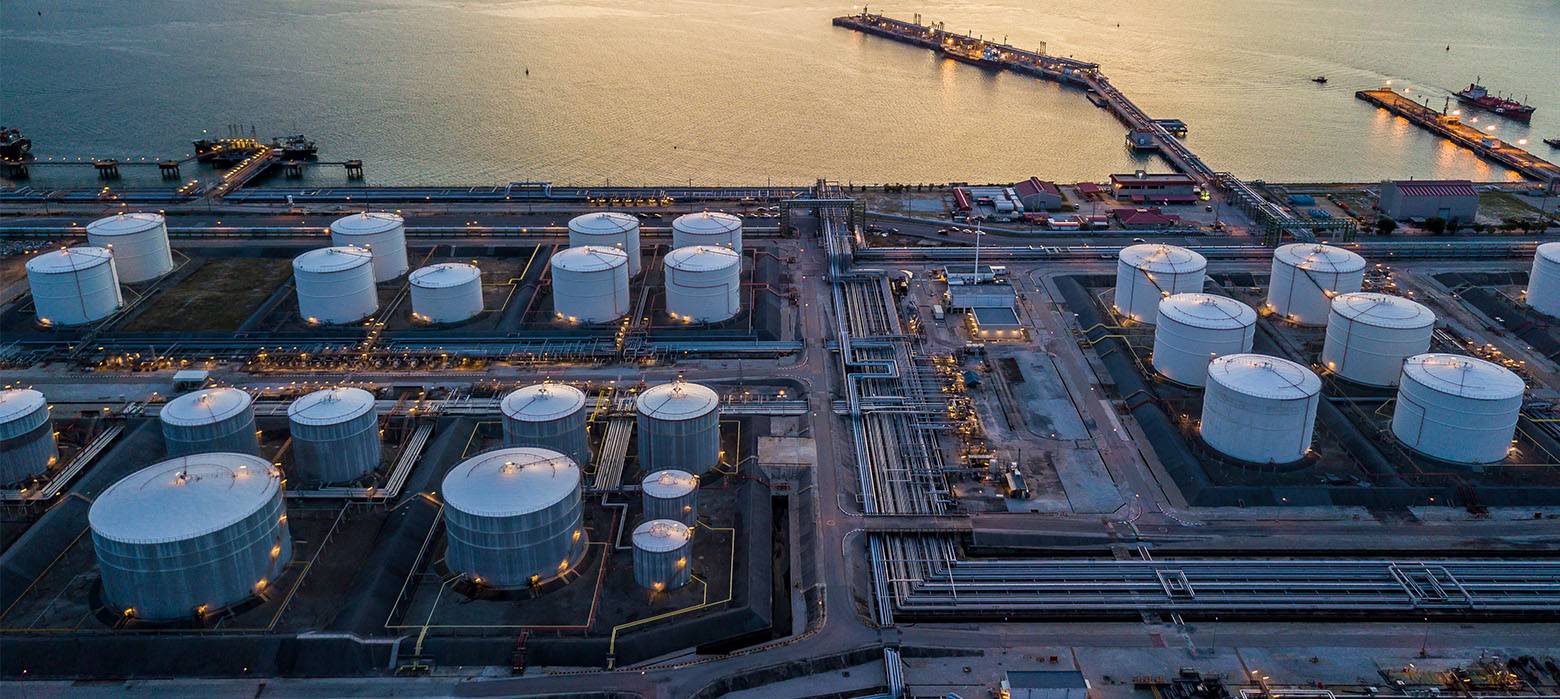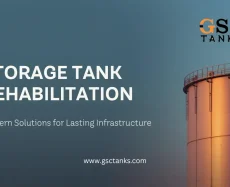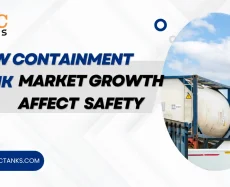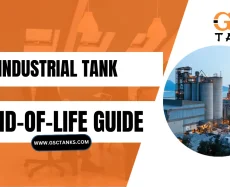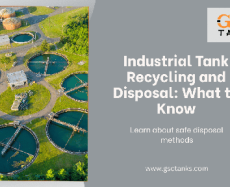
- admin
- April 15, 2019
Everything You Need to Know about Storage Tank Grounding
Storage tanks are generally placed outside where the weather and atmospheric conditions (like, lightning, hailing, storms) are always active.
Other than lightning, a variety of factors (such as, unintentional contact with high voltage line or line surges) play important role in accumulation of static or electrical energy within the tank that can lead to fire or fatal accident.
Grounding provides safe, alternate ways to minimize the damage.
Tanks shells contain products that are able to produce dangerous atmosphere that should be grounded permanently.
If tanks contain non-inflammable products but are placed in hazardous area, then they also must be grounded effectively and permanently.
Grounding helps in draining away of the static charges. Increased humidity of the conductive plates also helps in grounding. Grounded substance helps in the flow of the free charges to the earth that leads to zero possibility of sparks.
A resistance up to 1,000,000 ohms is enough to prevent the building up of a potential spark. A film of moisture increases conductivity and provides a perfect path to ground also.
The humidity amount must range between 60% to 70% to prevent the building up of static electricity.
Ground anodes are the best to ground tanks. These anodes are connected to tank shell and located symmetrically around the tank.
You can minimize the anodes’ resistance by back-filling with graphite, carbon or coke. You can also increase the anode’s diameter length to reduce its resistance to earth.
Do storage tanks require grounding?
Usually storage tanks do not require lightning protection. If the bottom of the tank is made of metal and is directly connected to the earth, then good conductivity protects the tank from piling up of static electricity.
Their self-protecting feature minimizes additional grounding requirement.
Do Diesel Tanks need grounding?
Yes, it’s better to be safe than sorry. An explosion may result while you’re fueling your equipment or vehicle.
An effectively grounded fuel delivery system has electrically conductive connection to allow electrical and static charge dissipation.
Rubber tires help in grounding effectively but if you have a bed liner in your pickup truck then it’s not grounded and you should bolt it directly to the truck for proper grounding.
What’s the difference between grounding, earthing and bonding?
People tend to be confused among grounding, bonding and earthing but there’re some subtle differences among them.
Bonding
Bonding means connecting two electrical conductors that can be a pipe and a wire, two wires or two equipment. It is done by joining the metal parts that shouldn’t carry electricity during normal functioning time.
Earthing
Earthing means joining dead or neutral parts to the earth.
Grounding
Grounding means joining the alive parts (that carries electricity) to the earth.
Industrial storage tanks should be made keeping in mind safety requirement, such as, grounding, bonding and earthing.
All of these ensure the safe functioning of the storage tanks.
GSC Tanks manufactures their tanks by maintaining high level of professional responsibility and technical expertise.
Call at 470-589-7790 or visit to https://www.gsctanks.com/ to buy their effectively grounded storage tanks.
- Industrial tanks
- Storage tanks
- storage tanks grounding
Category
- Above Ground Fuel Tanks
- Above Ground Gas Storage Tank
- Above Ground Storage Tanks
- Above Ground Water Storage Tanks
- Agricultural Tanks
- Chemical storage Tanks
- Diesel Fuel Storage Tanks
- Diesel Storage Tanks
- Exernal FloatingRoof Tanks
- Farm Water Tank
- Fiberglass Oil Tanks
- Fiberglass Septic Tanks
- Fiberglass Tanks
- Fiberglass Underground Fuel Storage Tanks
- Field Erected Tanks
- Floating Roof Tank
- Food and Beverage Tanks
- Fuel tank
- Industrial Chemical Storage Tanks
- Industrial Gas Tanks
- Industrial Hot Water Storage Tanks
- industrial hot water tank
- Industrial Plastic Tanks
- Industrial Storage Tanks
- Industrial Tank heating pads
- industrial tanks
- Natural gas
- Natural gas vs Propane
- oil storage tank
- Oil Storage Tanks
- Peracitic Acid
- Petroleum Tanks
- Residential gasoline storage tanks
- Residential Water Storage Tanks
- Sodium Hydroxide Storage Requirements
- Sodium Hypochlorite Storage Tanks
- Steel Storage Tanks
- storage tank failure prevention
- Storage Tanks
- Sulfuric Acid Tanks
- Uncategorized
- UnderGround Storage Tanks
- Waste water tank
- Water Storage Tanks

 Tank Size Calculator
Tank Size Calculator
